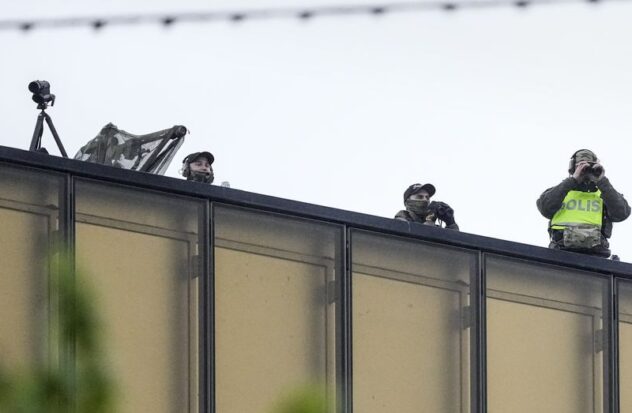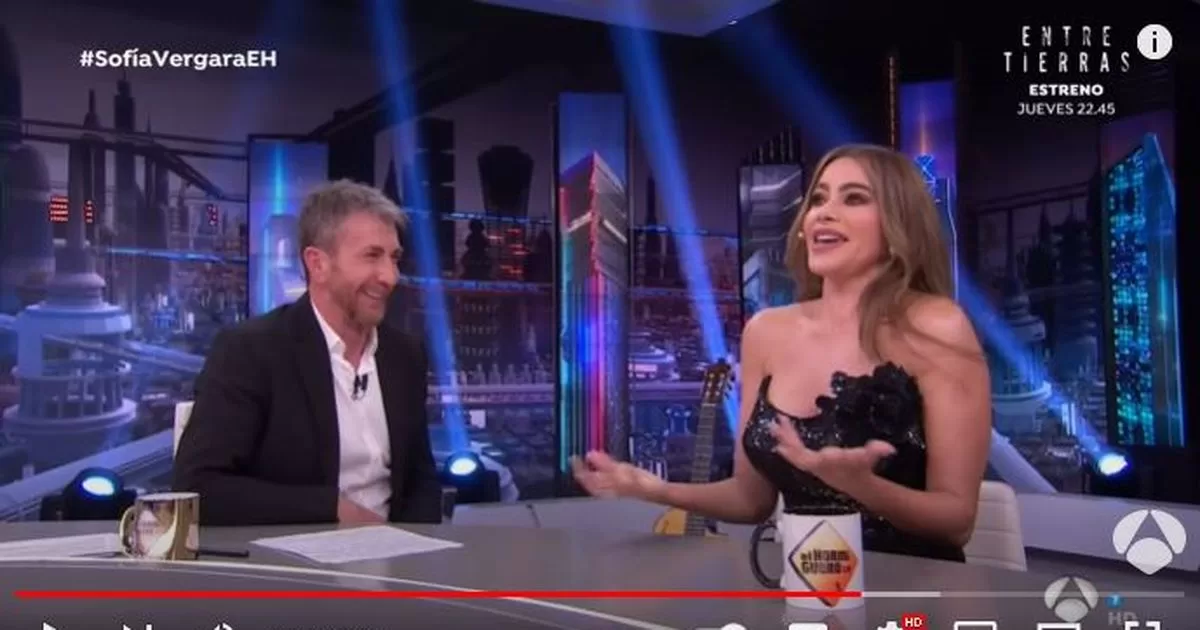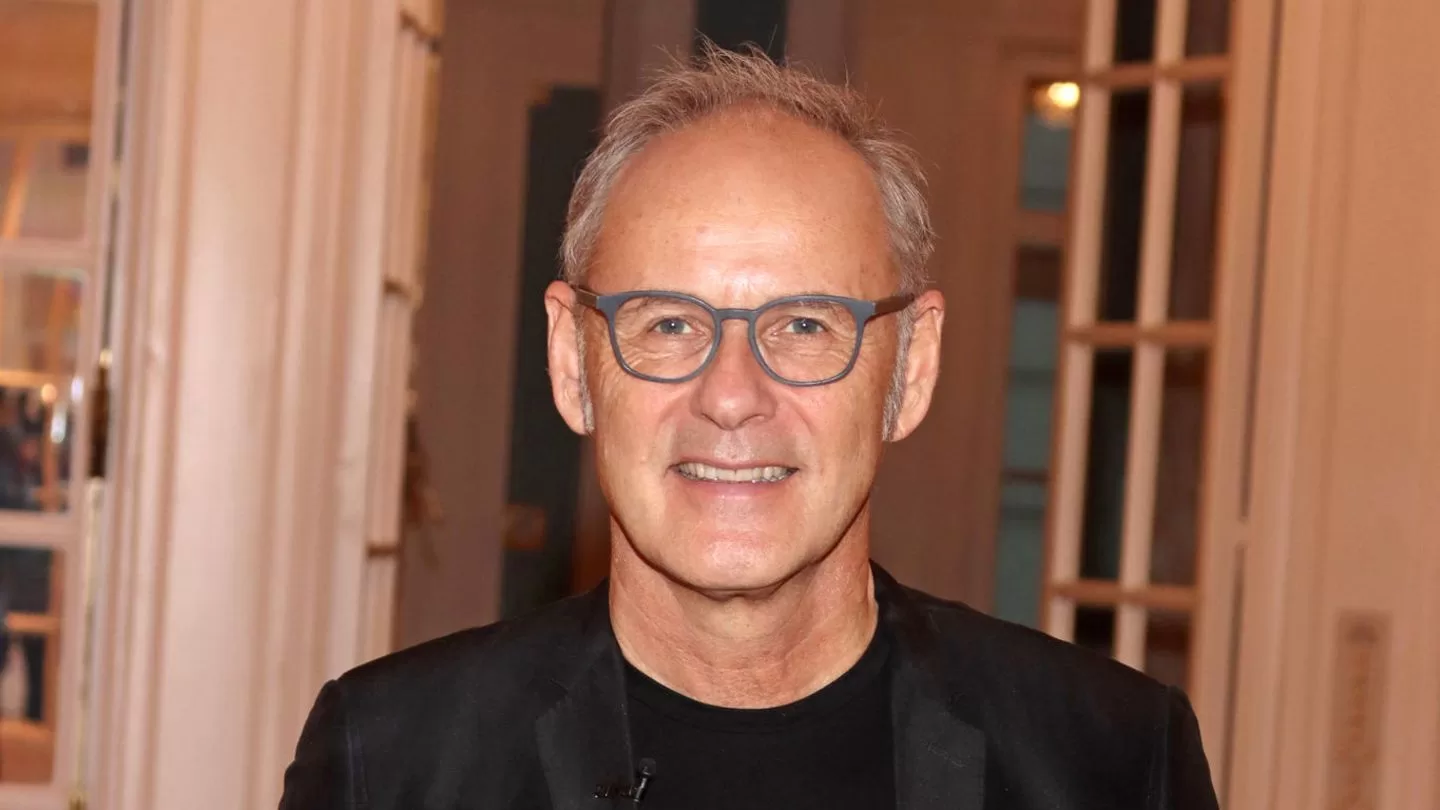MALM.- The competition at the 68th edition of the Song Festival of Eurovis starts this Tuesday -May 7- in Swedenat a time when the war in Gaza overshadows the sequined pop spectacle.
Artists representing countries from across Europe and beyond will take the stage in the first of two semi-finals in the Swedish city of Malmö. This and a second semifinal on Thursday will pit 37 nations against each other to decide the 26 that will compete in Saturday’s final in a festive and protest context.
Among the 15 artists performing Tuesday were Croatian singer-songwriter Baby Lasagna, whose infectious electro number Dim Tag Team Rim is the current favorite to win, and Ukrainian duo Alyona Alyona and Jerry Heil, who fly the flag of their war-stricken nation with the anthem Teresa & Maria.
Other bookmaker favorites include non-binary Swiss singer Nemo, Irish gothic singer Bambie Thug, Italian TikTok star Angelina Mango and Dutchman Joost Klein with the playful pop-rap song European Pope.
Security at Eurovision
Security is tight in the Swedish city, which expects an influx of some 100,000 Eurovision fans, along with tens of thousands of pro-Palestinian protesters. Israel is participating in Eurovision, and demonstrations against the war between Israel and Hamas, which has left almost 35,000 Palestinians dead, are planned for Thursday and Saturday.
The Israeli government warned its citizens of tangible concern that Israelis could be targeted in Malm during the war.
The organizers told Israel to change the lyrics of its participating song, originally titled October Rain in apparent reference to the Hamas cross-border attack on October 7 that killed some 1,200 Israelis and sparked the war. The song is called now Hurricane and Israeli singer Eden Golan was allowed to remain in the contest.
Jean Philip De Tender, deputy director general of the European Broadcasting Union, organizer of Eurovision, told Sky News that banning Israel’s participation would have been a political decision and, as such, one they cannot make.
Police officers from across Sweden have been recruited for Eurovision week, along with reinforcements from neighboring Denmark and Norway.
Terrorist threat is high
Sweden’s official terror threat level remains high, the second highest on a five-point scale, after a series of public desecrations of the Quran last year sparked angry demonstrations across Muslim countries and threats from militant groups. . The desecrations were not related to the musical event.
Eurovision’s motto is United by Music, but national and political divisions often cloud the contest despite organizers’ efforts to keep politics out of it.
Flags and posters are prohibited, except for national flags of the participating countries and the flag of sexual diversity. That means that Palestinian flags will not be allowed inside the competition venue at Malm Arena.
Artists have felt political pressure, and some say they have been inundated with messages on social media urging them to boycott the event.
“They accuse me, if I don’t boycott Eurovision, of being complicit in the genocide in Gaza,” said the German contestant, Isaak, in an interview published by the ZDF radio station. The artist expressed that he did not agree. We get together to make music, and when we start categorically excluding people, there will be fewer and fewer of us. At some point there will no longer be an event.
One person who knows how Eurovision unity can collide with bitter reality is singer Manizha Sangin, who represented Russia in the contest in 2021. The country was expelled the following year for its invasion of Ukraine.
Manizha, who performs under her given name, spoke out against the war. As a result, his performances were canceled in Russia and his music banned in public spaces. The singer remains in Russia, but she has found it almost impossible to work.
“People are afraid to work with me here because of the consequences they could trigger later,” he said.
Despite the difficulties, Manizha has recorded a single, Candlelight, to launch today as a message of hope. Music can’t stop war, she said. “But what music can do is inspire people.
Manizha believes that Russia will one day return to the Eurovision fold, but it won’t be soon.
Maybe the next generation, he said. But for now, relationships are too complicated. And that makes me sad, you know, because that’s why people don’t listen to each other. Because we are separated from each other. And the thing is that music should unite.
FUENTE: AP




